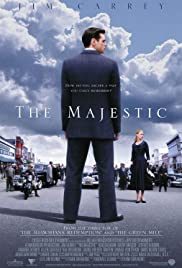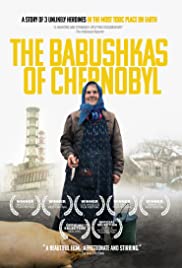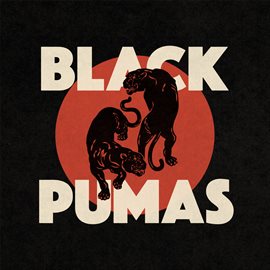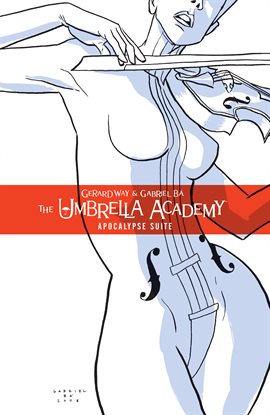Participants at the latest meetup of the Socrates Café chose to tease out the answer to the timely question, “Will racism ever end?”
We acknowledged that at this particular meetup, there were no obvious people of color in attendance, so we recognized the bias in our inclinations and lack of full representation of a more varied point of view. Still, we pressed on to first determine our own definitions of racism.
At the start, time spent trying to determine the differences between the definitions of: race, species, racism, bias, prejudice, discrimination, bigotry, oppression, etcetera carried our consideration. One person detailed the origin of the word “race” from the 1600s (corroborated by The New Fowler’s Modern English Usage which the library keeps in its Reference section) while this NPR article by Gene Demby suggests a much later use of the word “racism” and the ugliness it suggests. An excerpt from Merriam-Webster dictionary states the following.
The History and Dictionary Meaning of Racism
“Racism appears to be a word of recent origin, with no citations currently known that would suggest the word was in use prior to the early 20th century. But the fact that the word is fairly new does not prove that the concept of racism did not exist in the distant past. Things may have words to describe them before they exist (spaceship, for instance, has been in use since the 19th century, well before the rocket-fired vessels were invented), and things may exist for a considerable time before they are given names (t-shirt does not appear in print until the 20th century, although the article of clothing existed prior to 1900).”
Merriam-Webster

This passage brings up a good point as we determined among ourselves that the history of racism seems to date to the beginning of human communities. One participant suggested that racism is the “us” and them” differentiation in which one group seeks to control or see itself as superior to the other.
Some of us reported feeling hopeful that people are working toward being better, even working on ourselves to recognize when racism creeps in at first unnoticed. Another also noted how keeping groups apart breeds racism as it sows fear or distrust. This may be a deliberate action for one who seeks to control.
But, if I know you, I am less likely to think of you as being different from me in a negative way, or to consider you as less than me.
As to the simple answer to the question, “Will racism ever end?”
No. But in philosophical questions, there are rarely simple answers. Often, there are more questions that arise.
Some felt that despite efforts to avoid it, racism is a human fault. We noted that it can be argued that we are not born harboring racism, but rather it is taught. This offers hope. Hope that where racism exists, hearts and minds can be changed.
One of the great things that happens at the Socrates Café is that in the course of conversation, participants often recommend books, movies and videos, and other compelling resources. So when you join in, its a good idea to keep a notepad handy to write them down. And its often helpful to make notes for yourself for when its your turn to speak about what’s on your mind.
Here are a few of the titles that were suggested by you on the subject of racism.
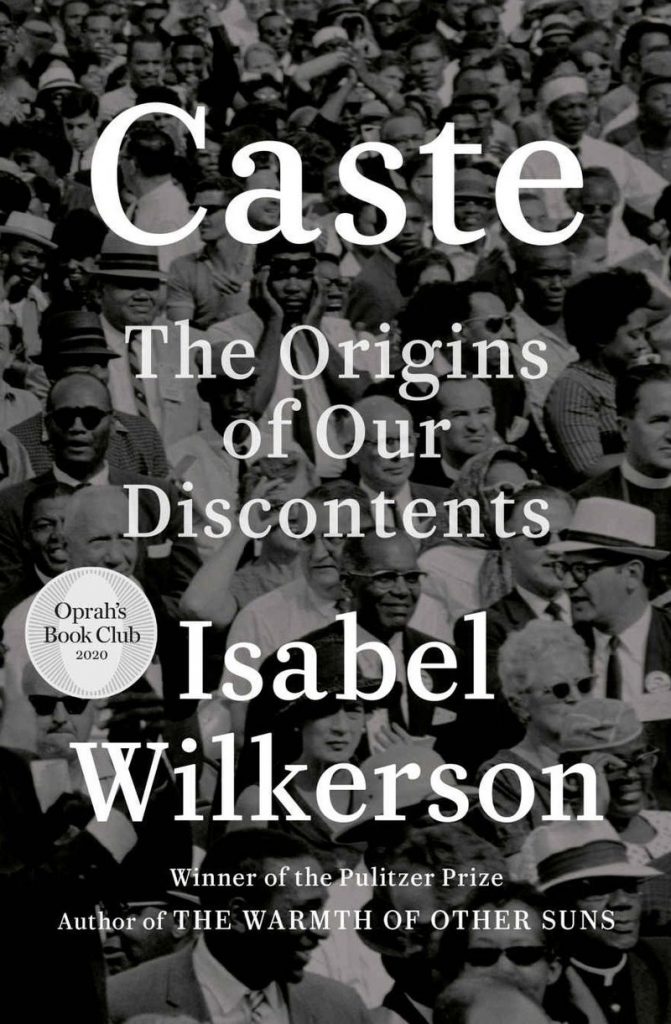
Caste : The Origins of our Discontents, a new book by Isabel Wilkerson
“In this brilliant book, Isabel Wilkerson gives us a masterful portrait of an unseen phenomenon in America as she explores, through an immersive, deeply researched narrative and stories about real people, how America today and throughout its history has been shaped by a hidden caste system, a rigid hierarchy of human rankings.” ~ Goodreads
Tales of a Female Nomad: Living at Large in the World a book by Rita Golden Gelman
Earning 3.5 stars on Google Reviews, this true story follows the 48-year-old on the verge of a divorce, as she leaves an elegant life in Los Angeles to follow her dream to travel the world. She connects with people in cultures all over the globe. (This 2001 book can be obtained by filling out an Interlibrary Loan Request form at the Reference Desk.)
“In 1986, Rita sold her possessions and became a nomad, living in a Zapotec village in Mexico, sleeping with sea lions on the Galapagos Islands, and residing everywhere from thatched huts to regal palaces. She has observed orangutans in the rain forest of Borneo, visited trance healers and dens of black magic, and cooked with women on fires all over the world. Rita’s example encourages us all to dust off our dreams and rediscover the joy, the exuberance, and the hidden spirit that so many of us bury when we become adults.” ~Amazon synopsis
The virally popular YouTube series with Emmanuel Acho entitled Uncomfortable Conversations with a Black Man
The series spawned his Acho’s book by the same name. Be sure to get your name on the library’s hold list to reserve your copy.
Harvard Implicit Bias Tests
Online tool created by Harvard psychologists to help you determine your implicit associations about race, gender, sexual orientation, and other topics. More than one person at the Socrates Café recommended this.
Crash a movie
From 2004 directed and written by Paul Haggis and starring Don Cheadle, Sandra Bullock and Thandie Newton, is the story of “Los Angeles citizens with vastly separate lives collide in interweaving stories of race, loss and redemption.” ~IMDB
Umbrella Academy a Netflix series, specifically Season 2, Episode 1
Current day characters transported through time in rapid succession, arrive in Dallas, Texas in 1960. One, a black woman, walks into Stadler’s Restaurant where she is met with the shock of the diners and where a stunned employee looks at her and points to the “Whites Only” sign above him.




